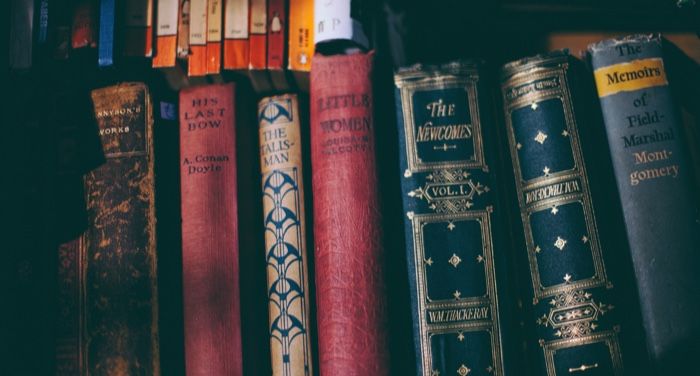
Books Entering the Public Domain in 2021
Prepare your The Great Gatsby pastiche, everyone. Books from 1925 entered the public domain on January 1, which means they’re yours now.
First, a quick refresher on public domain and the Mickey Mouse Protection Act current copyright law.
In 1998, Congress extended copyright protections from works published between 1923 and 1977 by an additional 20 years (from 75 years to 95 years). This extension notoriously has kept Steamboat Willie, the film featuring the earliest iteration of Mickey Mouse, out of the public domain. (Though Disney is finally set to lose the copyright for that film in 2024).
What is the Public Domain?
Copyrighted creative works, whether they’re books, movies, or music, enter the public domain in the United States after 95 years, meaning they’re free for use by the American public and free to build upon.
This is how you get retellings and re-samplings of classic works, like Pride and Prejudice and Zombies and any of the times Sherlock Holmes has been paired against Jack the Ripper or Cthulhu. It’s also how podcasts like Phoebe Reads a Mystery are able to serialize installments of The Turn of the Screw or The Moonstone.
This year, books first published in 1925 are entering public domain, which means you’ll soon be able to read them for free online at sites like Project Gutenberg.
2021 Public Domain Books
Given the publishing landscape of 1925, this year’s public domain works are predominantly white and male. But now that these works are finally free and clear of copyright, they can be reimagined, modernized, and diversified.
Here are a few highlights, but feel free to check out the full list of books published in 1925 and find your own gems.
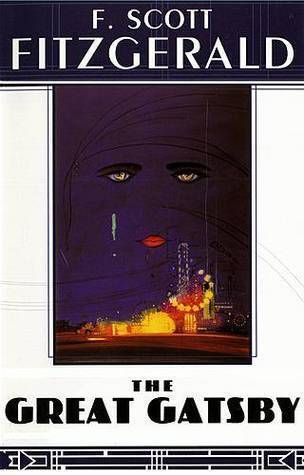
The Great Gatsby by F. Scott Fitzgerald
Without a doubt, the headliner of this year’s list is certainly F. Scott Fitzgerald’s Jazz Age melodrama. Millions of schoolchildren may be able to read about the misfortunes of millionaire Jay Gatsby, socialite Daisy Buchanan, and the East Egg gang on Project Gutenberg, or maybe one of them will make a cool TikTok that gets adapted to a stage play. Who’s to say?
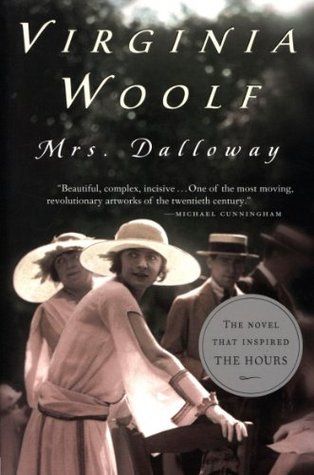
Mrs. Dalloway by Virginia Woolf
I will wager more people have heard of this well-known novel than have read it. It’s short and challenging, with its stream-of-consciousness narration, but it makes an excellent introduction to Woolf’s works. You also absolutely do not get a Ducks, Newburyport without a Mrs. Dalloway.
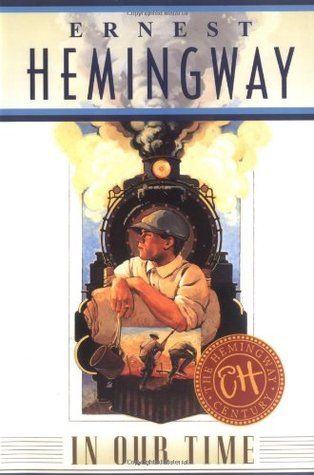
In Our Time by Ernest Hemingway
This short story collection, Hemingway’s first, can be described in the same way as many of his novels: a catalog of suffering. Themes of grief and loneliness run through these stories, which may or may not have some unifying thread, depending on the theory of their creation to which you subscribe. This may make for good background reading if you’ve read The Paris Wife.
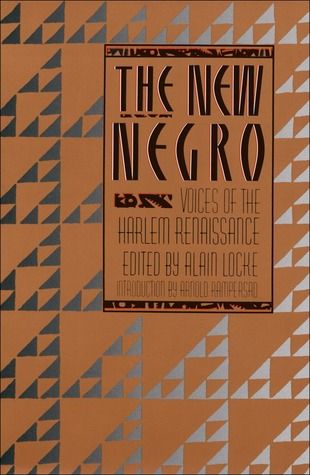
The New Negro Edited by Alain Locke
Depending on your familiarity with the Harlem Renaissance of the 1920s, Alain Locke may or may not be a name you know. But Locke is widely considered the father of that intellectual explosion, and this anthology is a meticulously curated compendium of the Black creativity of that era. Included here are poetry, prose, and essays from writers including W.E.B. du Bois, Langston Hughes, and Zora Neale Hurston.
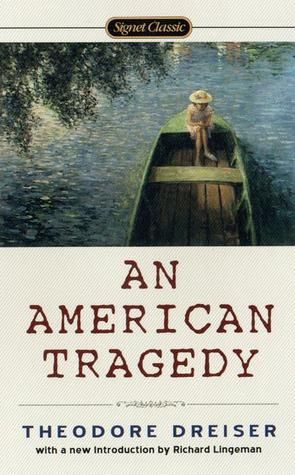
An American Tragedy by Theodore Dreiser
This one may be of special interest to Old Hollywood film fans. Dreiser’s novel was the source material for 1951’s A Place in the Sun, starring Elizabeth Taylor and Montgomery Clift. It also happens to be a true crime novel before such a genre existed, drawing its inspiration from the infamous 1906 murder of Grace Brown by her boyfriend.
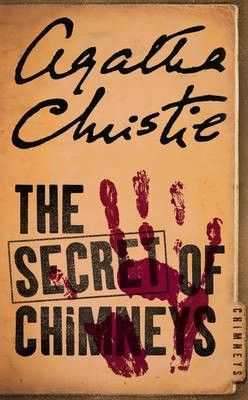
The Secret of Chimneys by Agatha Christie
Another Christie mystery hits the public domain. This one is the first in her series featuring Scotland Yard’s Superintendent Battle. The plot is relatively standard—murder at a well-to-do estate—but it will be another four years before we see Superintendent Battle again in the public domain. In the meantime, there will be a steady drumbeat of Hercule Poirot novels falling out of copyright.
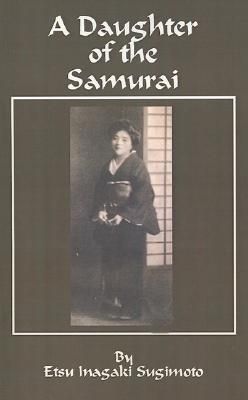
A Daughter of the Samurai by Etsu Inagaki Sugimoto
This is a memoir, and an interesting one for 1925. Sugimoto was, as the title suggests, the daughter of a samurai father, though the dissolution of the samurai class around the time of her birth led to dire financial straits for the family. In this account she details her childhood, as well as her journey to America for an arranged marriage.
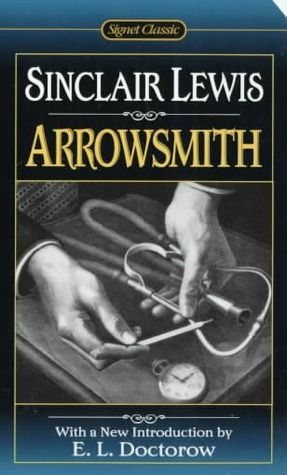
Arrowsmith by Sinclair Lewis
This science-driven novel won the Pulitzer Prize in 1926, but Lewis notably declined the award. The novel, which chronicles the rise of Martin Arrowsmith through the scientific community, contains significant social commentary on the state of American medicine. The sharpness of that commentary is the product of Lewis’s collaboration with science writer Paul de Kruif.
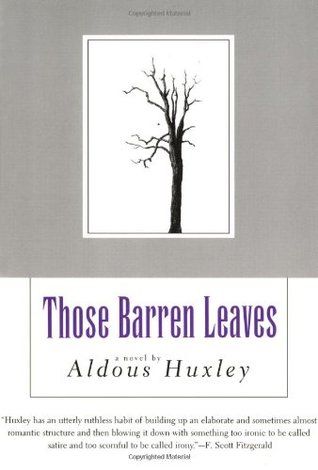
Those Barren Leaves by Aldous Huxley
We have a few years yet before Brave New World hits the public domain, but here’s a dose of Huxley’s satirism for the interim. Broadly, this novel skewers the prevailing pretensions of the time, with a group of social elites gathered in Italian palace, feigning sophistication and fluffing themselves up. It’s the type of gathering that would end in at least one murder in an Agatha Christie novel.
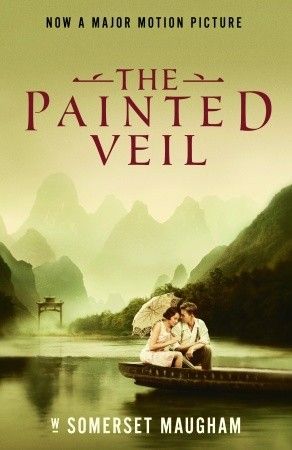
The Painted Veil by W. Somerset Maugham
Perhaps you saw the 2006 film adaptation of this novel, or the 1934 version, or the 1957 version. There are differences between those narratives and the original story, but the overall setup is the same: we follow British socialite Kitty Garstin as she marries a man she doesn’t love, cheats on that man, and—through an arduous assignment to a remote Chinese village—comes to change her tune.
Interested in what other free works of “classic” literature are out there? Try these starting points:


